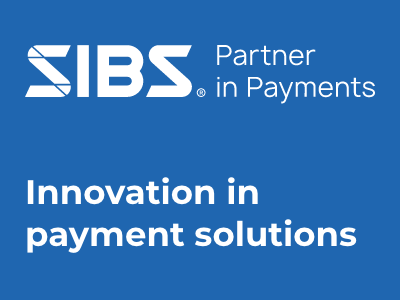Smart checkout technologies to process almost $390 billion in transactions by 2025, up from just $2 billion in 2020, by embracing a ‘just walk out’ approach

The use of AI, including smart checkout systems and chatbots, will be critical in ensuring that retailers can deliver a compelling omnichannel experience to consumers.
A new study has found that the value of transactions processed by smart checkout technologies, where the fixed checkout process is replaced by a frictionless model, will reach $387 billion in 2025, up from just $2 billion in 2020, according to Juniper Research.
Smart checkout technologies provide much simpler user experiences by removing traditional checkouts; embracing a ‘just walk out’ approach. The rapid growth will be driven by retailers seeking sustainable business models in the wake of the COVID-19 pandemic. However, the pandemic’s impact is only an acceleration of a long-term decline in the fortunes of traditional retail.
The report found that, while the growth in adoption is dramatic, innovation will be limited to the convenience segment, where product lines are simpler and implementation costs are lower. These roll-outs will also be limited to larger retail chains that can afford the significant investment costs involved.
For more insights, download the free whitepaper: How Technology Can Save Traditional Retail
AI Adoption Critical to Retailer Competitiveness
The new research, Digital Retail Technologies: Adoption, Implementation & Strategy 2020-2025, found that the use of AI, including smart checkout systems and chatbots, will be critical in ensuring that retailers can deliver a compelling omnichannel experience to consumers. The drive for efficiency will lead to investments of over $23 billion by retailers in AI by 2025, up from just over $5 billion in 2020.
Research co-author Nick Maynard noted: ‘Tocompete with eCommerce disruptors who heavily rely on AI, traditional retailers must adopt AI rapidly to boost efficiency. If they fail to do so, they will face a highly commoditised retail market with an outmoded, uncompetitive business model.’
RFID Critical to Enabling Analytics in Supply Chain
The research found that the use of RFID for tracking is essential to enabling analytics use within the retail supply chain. As retailers need ever greater efficiency, analytics is crucial, but it is only as good as the data it is based on. This need for standardised data for analysis will propel RFID’s deployment; driving RFID shipments for retail to over 32 billion in 2025, from 9 billion in 2020.
Dariusz Mazurkiewicz – CEO at BLIK Polish Payment Standard
Banking 4.0 – „how was the experience for you”
„To be honest I think that Sinaia, your conference, is much better then Davos.”
Many more interesting quotes in the video below:











